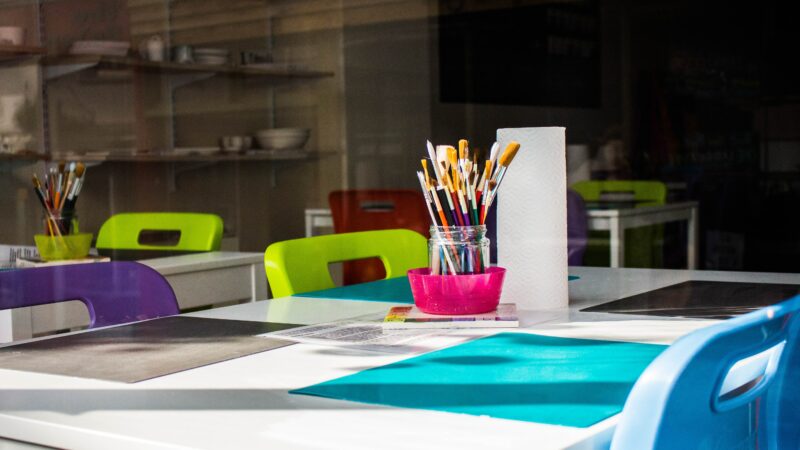
UNISON has urged the government to “rescue Christmas” by allowing schools to switch to an online format for their lessons next month and reduce the risk of families being required to self-isolate over the holiday period.
Calling on government ministers to “save Christmas” this afternoon, head of education at UNISON Jon Richards argued that “measures such as increased social distancing and virtual learning are vital in the run up to the festive season”.
The trade union has advised that schools switching to online teaching from December 10th, two weeks before the end of term, would significantly cut the risk of households having to isolate on Christmas Day.
Commenting on the impact of Covid on education, Richards said: “Schools in Covid-hit areas are struggling to stay open. High numbers of children and staff are sick or self-isolating – and it’s only going to get worse.
“Schools and local authorities know what is best for pupils, staff and the wider community. Government officials must step back and let education leaders make their own decisions.
“Measures such as increased social distancing and virtual learning are vital in the run up to the festive season. It’s the only way to stop infections spiralling out of control and to save Christmas.”
UNISON also argued that schools, working with local authorities, should be allowed to provide a mix of in-classroom and home-based learning immediately to limit the number of children on site at any one time to keep staff and students safe.
Richards added: “Parents must be supported by employers so children can learn from home properly. The government must ensure funding is available for laptops and other home-learning kit so disadvantaged children don’t lose out.”
The call follows reports of increased disruption to education in the second wave of the pandemic. Department for Education figures published on Tuesday showed that 600,000 pupils stayed home last week for Covid-related reasons.
The data reported that school attendance fell from 89.3% to 86.5% in the space of a week while the proportion of primary schools recording one or more students in self-isolation doubled from 11% to 22%.
Secondary schools have been worst affected throughout the pandemic and 64% were forced to send one or more pupils home to self-isolate in the week up to last Thursday, representing a significant increase from 38% in the previous week.
A growing number have had to send home groups of children of 30 or more. This figure rose from 8/9% to 18/20% over the same seven-day period. Most children are missing school not as a result of contracting the virus, but because of a Covid risk.
Schools in areas with a high incidence of the virus have been particularly badly hit. Departmental data revealed that one in four children in Hull (27.6%), around 12,000 pupils, were not in school on Monday.
The city has seen a rapid rise in the number of Covid cases, which the council leader described as an “astonishing and terrifying” increase, and its infection rate stands at around triple the average for England at 776.4 per 100,000 people.
Trade unions Unite, the NEU and NASUWT representing school support staff said earlier this month that they are prepared to consider strike action or tell members to refuse to work if schools do not have adequate safety measures.




More from LabourList
Government announce SEND reform in schools white paper
SPONSORED: ‘Industrial hemp and the challenge of turning Labour’s priorities into practice’
‘A day is a long time in politics, so we need ‘action this day’’